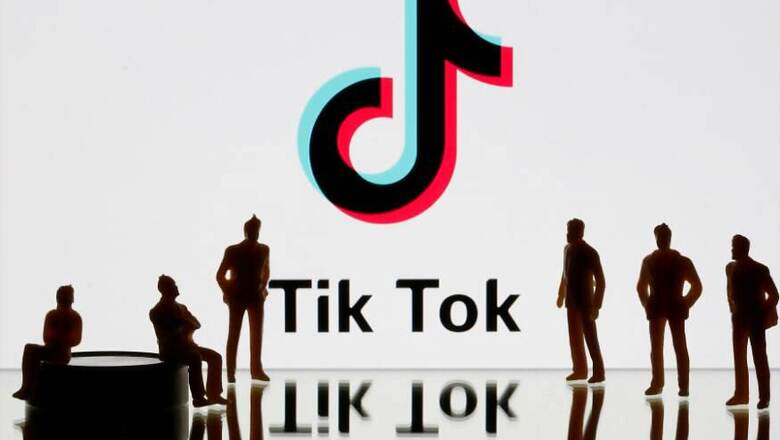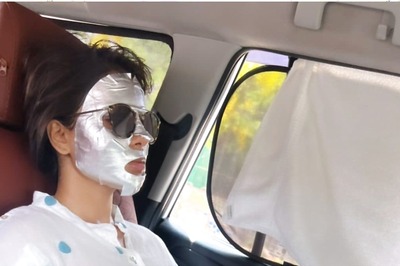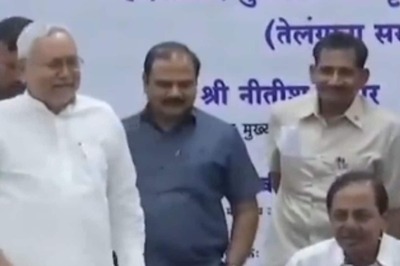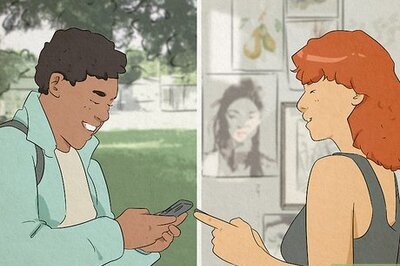
views
Just a few hours after the Government of India issued an order banning as many as 59 Chinese owned smartphone apps in the country, TikTok has confirmed that they have been invited to meet with the Government to respond to the order and submit clarifications. TikTok, a popular social media platform owned by Chinese tech company ByteDance, is on the list of banned apps. At this time, TikTok is also not available for download on the Google Play Store for Android phones and the Apple App Store for the iPhone.
“The Government of India has issued an interim order for the blocking of 59 apps, including TikTok and we are in the process of complying with it. We have been invited to meet with concerned government stakeholders for an opportunity to respond and submit clarifications,” says Nikhil Gandhi, Head of TikTok, India, in a statement. The company says they continue to comply with all data privacy and security requirements under Indian law and has not shared any information of our users in India with any foreign government, including the Chinese Government. Gandhi insists that even if they are requested to do so in the future, they would not. “We place the highest importance on user privacy and integrity,” says Gandhi.
Late yesterday, India banned as many as 59 popular smartphone apps for Android smartphones as well as the Apple iPhone. The notification issued by The Ministry of Information Technology of the Government of India derived powers under the section 69A of the Information Technology Act read with the relevant provisions of the Information Technology (Procedure and Safeguards for Blocking of Access of Information by Public) Rules 2009 citing the concerns about the security, integrity and defense of India. The apps that now stand banned in India, across the Google Android ecosystem and the Apple iPhone as well as the iPad platforms now include TikTok, Shareit, WeChat, Helo, Likee, UC News, Bigo Live, UC Browser, ES File Explorer and Mi Community.
For the millions of users who may also have these installed on their Android phones and iPhones, there will be checks at the Internet service provider (ISP) and mobile service provider stage to ensure that traffic to and from these apps is blocked on the network, thereby rendering them in-operational. It is expected that all mobile service providers will block these apps on the 3G/4G networks while all broadband companies will enable these filters on wired and wireless broadband options.




















Comments
0 comment